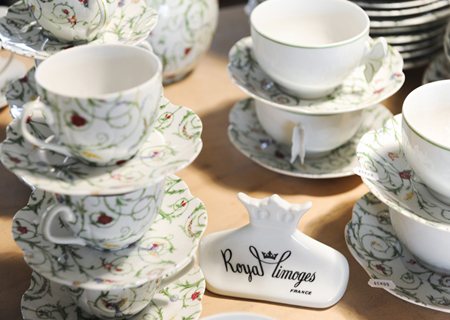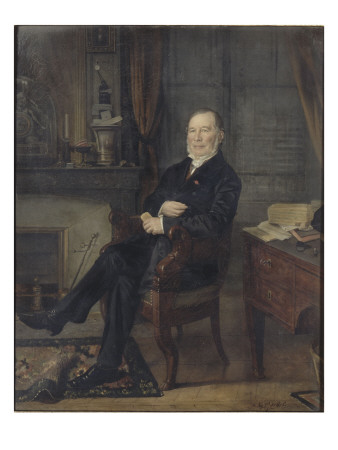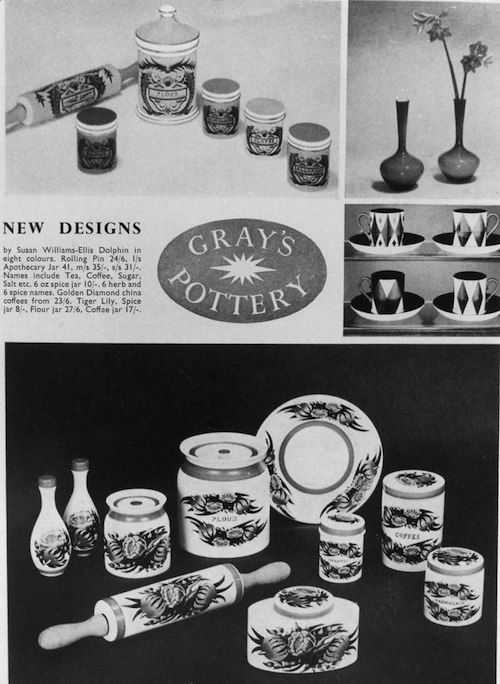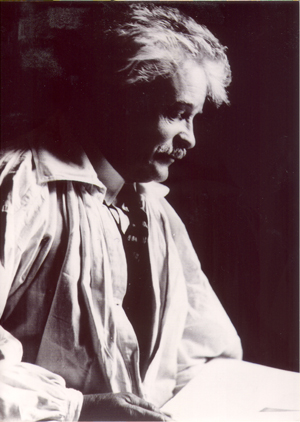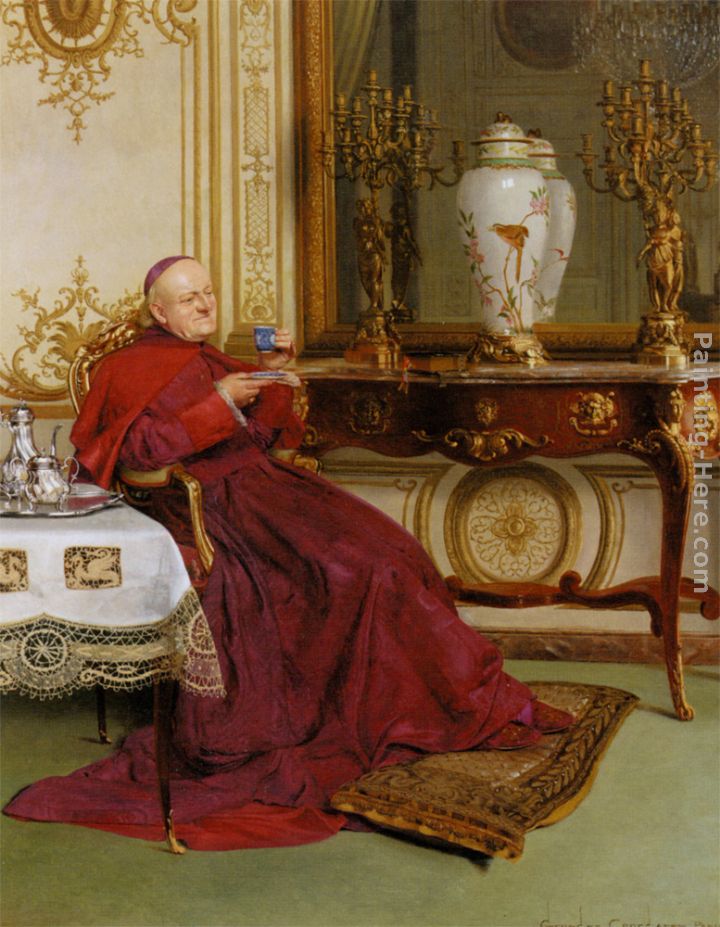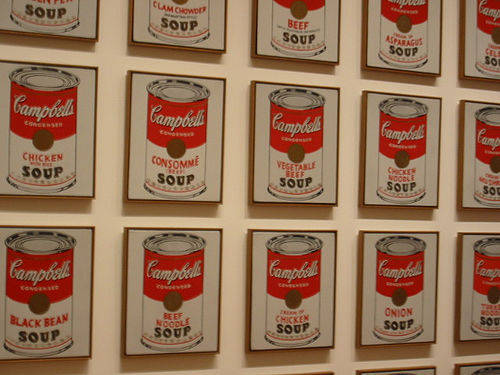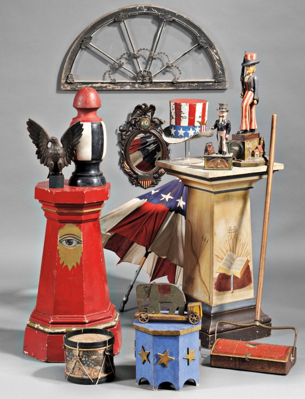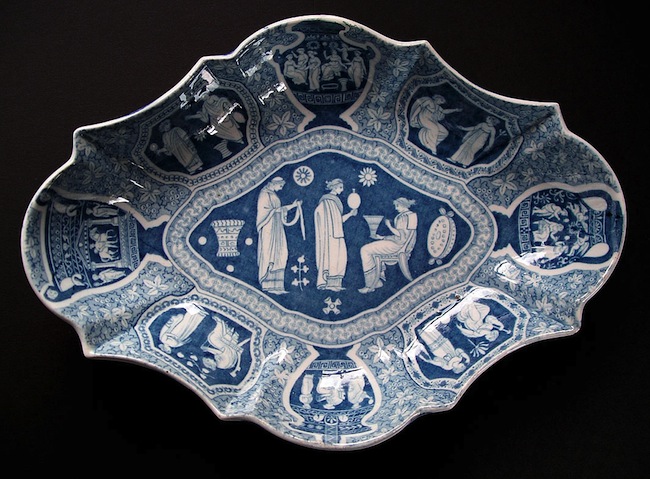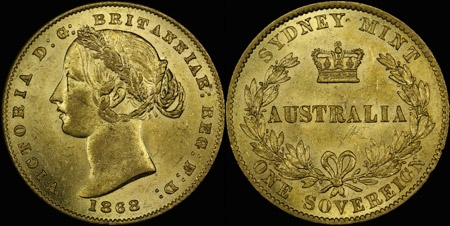 François ALLUAUD (1739-c1800) was director of the Royal Limoges Porcelain company from 1788 until operations were disrupted by the Revolution. During the revolution, the company was sold to three workers; one of them (Joly) leased his share to Alluaud. This gave Alluaud control of the kaolin deposits. He sold excellent quality paste to other porcelain factories. He also established a porcelain factory on Rue des Anglais, Limoges, in 1798. The quality of Alluaud’s paste was important in establishing the reputation of Limoges.
François ALLUAUD (1739-c1800) was director of the Royal Limoges Porcelain company from 1788 until operations were disrupted by the Revolution. During the revolution, the company was sold to three workers; one of them (Joly) leased his share to Alluaud. This gave Alluaud control of the kaolin deposits. He sold excellent quality paste to other porcelain factories. He also established a porcelain factory on Rue des Anglais, Limoges, in 1798. The quality of Alluaud’s paste was important in establishing the reputation of Limoges.
At his death, his son François H. ALLUAUD (1778-1866) took over the porcelain factory. F.H.Alluaud introduced industrial techniques, simplified decoration, and cut production costs. The company continued to sell the high quality fine white paste, perfected by the first Francois, to many French porcelain factories, including Sevres. By 1820 the firm owned kaolin deposits at St. Yrieix.
F.H.Alluaud formed the Societe Alluaud in 1805 with his brother Jean-Baptiste-Clement Alluaud; in 1807 they rented the Monnerie factory and opened depots in Paris and Toulouse. In 1813 they took over the unused Monnerie factory, and in 1814 formed Alluaud Freres, with J.-B.-C. Alluaud as technical director until 1823. The firm produced high quality decorative pieces and tableware at moderate prices, generally with sparing decoration. They started using the new chrome green in 1813 and in 1827 developed a diorite-containing background brown, which was quickly imitated.
By 1817 a new factory in Casseaux (Limoges) was in operation. FHAlluaud became mayor of Limoges in the early 1830’s, and the factory was run by a nephew Paul Lacombe, joined by FHA’s sons Victor (d 1876) and Amadee (d 1872), and by their brother-in-law Amadee Vandemarcq. The Alluaud Factory was the largest in Limoges during the first half of the 19th Century. Employees of the firm: 150 in 1819, 181 in 1844, 300 in 1864.
The company remained in the family until 1876, when it passed to C.F.Haviland, who had married FHA’s granddaughter in 1858.

